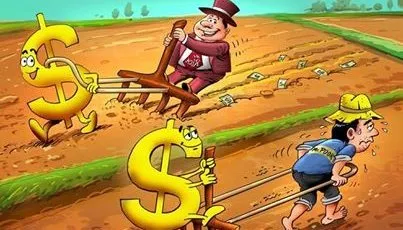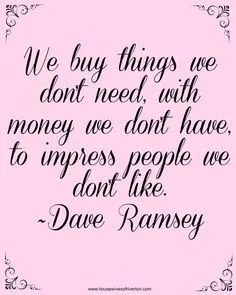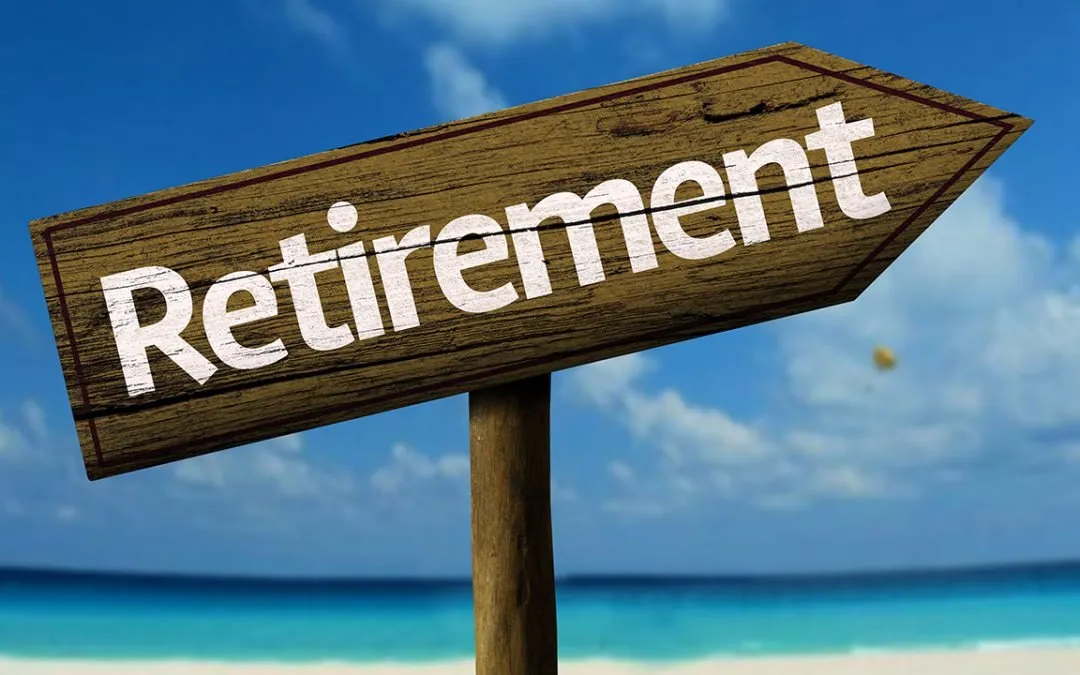When you study a subject, are you open minded and non-judgemental enough to gain something valuable for the time you have invested, or do you only focus on the negative, disregarding the rest.
If you look up the word savvy you will get quite a few meanings on it. It comes from the Portuguese word “sabe”, meaning “he knows” and this, in turn, comes from the Latin word “Sapere” which means “to be wise”.
"You must learn to be wise" is true when it comes to our personal finances, we can only be one of the two men in the picture above, which one are you right now, if you have to be honest while looking in the mirror?
For my financial math project, I had to choose a book from a list of authors given to us. I decided on Robert Kiyosaki’s “Rich Dad, Poor Dad”. Less than halfway through the book, I came to realize what the critics were on about, but I had to push through and see what I could gain from it. The following are some of the valuable lessons I walked away with and decided it is worthwhile to share with you as not all of us will pick up a financial book, but yet we deal with financial decisions we constantly have to make.
Have you ever asked yourself the question: "Do I know enough to make a wise and educated decision when it comes to my finances, or are we complacent thinking we know enough taught by our parents and our schooling?"
Do not let your emotions cripple you:
The reason for us buying the things we do not really need is based on the emotion we feel at that given time. Kiyosaki council that we should be "observers, not reactors to our emotions". Our desire for things affects our thinking, but not giving in to our emotions, we enable to delay our reactions and give ourselves time to think. I often walk into a shop wanting something but if I start arguing whether I truly need it and can afford it, the ball game changed. Walk away when you are emotional or not sure, give yourself time to go think it through, get all the information needed then analyse it before deciding, this is called an "educated decision."
His saying that "Money without financial intelligence is money soon gone" is very true if we give into every emotional whim we have, we only end paying for something we do not need or can afford, making debt. Fooling yourself by saying you only need to work a little harder to get money won't solve this problem because we all know and have experienced the saying "an increase in cash only results in an increase in spending."
What we need to become financially Literate:
How many of us has fallen into the trap thinking that buying a house is acquiring an asset, in bookkeeping property is considered to be a fixed asset. Kiyosaki points out that it is a liability and not an asset. We all desire to have our own property, mostly due to emotional reasons. We sometimes use the valid excuse of the Tax deduction received for interest on the mortgage but do we keep in mind that we work most of our life paying off that property, the possibility of the increase in value is just as good as the decrease in value and the cost of missed opportunities?
An asset needs to generate and income. It was impressive when I learned about Ray Kroc, as I, like many others also thought he was in the Burger business instead of real estate. He is a professional salesman but his business is to acquire properties located in the most valuable intersections and streets all over the world and is the largest single owner of real estate in the world.
Kiyosaki further goes on to say that the rich are rich due to them investing in assets which generate an income and they believe in keeping their expenses and liabilities low. He also stated that "an intelligent person hires people who are more intelligent than they are. Learn form tax consultants, corporate attorneys, bankers, real estate brokers and investors."
We need to increase our "Financial IQ" by studying in depth the "4 Areas of expertise - Accounting,Investing, Understanding markets, and the law."
1) In accounting we learn to draw up those much dreaded budgets, balance sheets and income statements, this skill is a necessity for us knowing where our money is going to and how it is working for us.
2) We need to learn how to invest our well earned money. Kiyosaki advises us to keep our daytime job and use some fo that income to start buying up real assets, invest in businesses which do not require your presence, like: Stock, Bonds, Income-generating real estate, Notes and Royalties from intellectual property.
3) Understanding the influancing role of "supply and demand" and how it affects the market is very important.
4) In Law you will learn about your legal rights as a business owner, on your properties or investments and how to draw up legal contracts.
Sometimes I wish I had all this knowledge which I am gainig only now much earlier in life. One thing I know for sure and that is "That we are never too young or too old to learn", start teaching your children the value of money today, let them work for it and draw up their own budgets. I know by reading "Rich Dad, Poor Dad", I gained some money savvy and am actualy looking forward learning more from the other authors on my list.
Some proverbs my parent used and which I am now using when it comes to the families money matters. “Money does not grow on trees”; " A penny saved is a penny earned"; Don't put all your eggs in one basket; If you look after the pennies, the dollars will look after themselves."
What we do with our finances now will affect us later. If your wish is to enjoy a comfortable retirement then start getting financially educated and make some smart choices.






